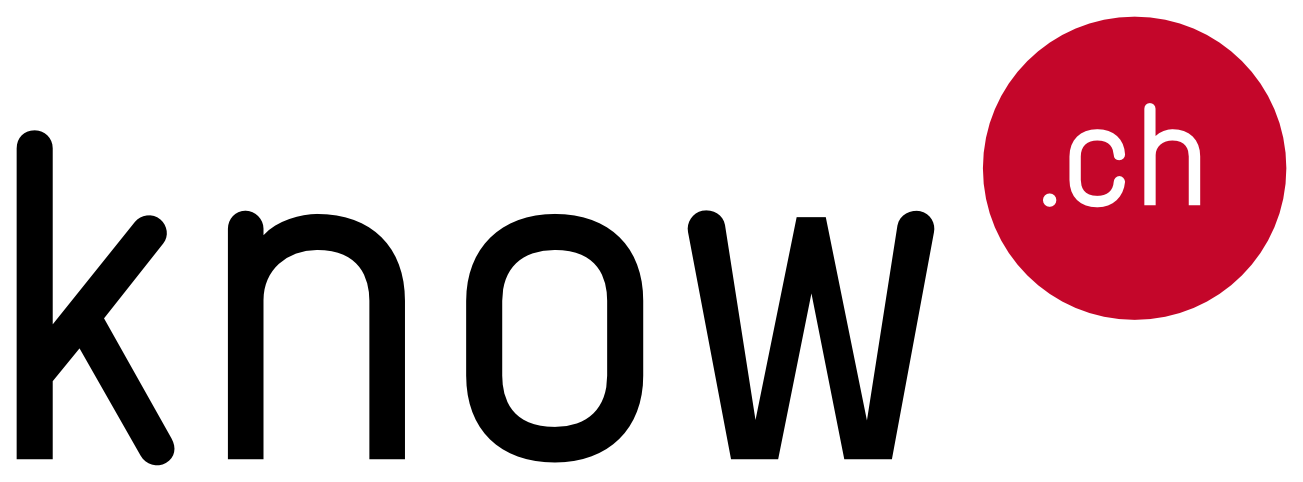Take the Next Step in HRM
When top managers think about HRM, they see a back-office unit that has mainly an administrative purpose. Some modern organizations might go one step further, establishing a so-called «Business Partner» organization for its Human Resources Department. This article introduces Human Capital Controlling (HCC) as a new business model for HRM.
While the latter already takes into consideration the need to build a link between business and HRM, I would like to introduce the concept of HR Controlling as an evolution of the Business Partner organization.
We recently asked the HR Manager of a leading international corporation, what his role in the company is. In summary, he answered: «When business needs me, I am ready to help.» This illustrates well the mindset of a Business Partner organization: HRM is ready to support business, whenever business calls.
HRM is more than Administration
How can HRM overcome this passive order-taking role and become an actor in the company? Let’s have a look at the current wikipedia definition of HRM:
Human resource management (HRM or HR) is the strategic and coherent approach to the effective and efficient management of people in a company or organization such that they help their business gain a competitive advantage.
https://en.wikipedia.org/wiki/Human_resource_management
I admit, there are a lot of buzzwords like «strategic», «effective and efficient», «competitive advantage» in this definition and some of you readers may think of them as empty words, which they probably are. But let’s assume, the writer of the definition was not aware that this could be understood as meaningless phrases. What did she or he want to tell us?
I will give it a chance and do some interpretation on the definition:
- a corporate strategy exists;
- the strategy places human resources as key factor in strategy implementation;
- HRM is the organizational unit that is responsible that people is ready to implement strategy;
- HRM is the organizational unit that is responsible for future allocation of people in the right quantity and quality to reach the strategic goals.
Gain a Place at The Big Table with Human Capital Controlling
We could talk now about reasons why strategy implementation fails, like «no time», «no skills», «no …». And we could talk about the relation between this failure and the passive «waiting until somebody knocks at my door» behaviour to which many HRM departments are forced to by lack of trust and acceptance by top management. But I rather would like to look at possible solutions and to the future.
I believe, there are many HR managers asking, how they could overcome the gap between top management’s poor vision of HRM and the companies strategic needs for stronger HRM leadership. I must confess, there is no simple answer to this question. The concept of Human Capital Controlling, developed and presented by us, could a least be helpful on the way of HRM to gain a place at the big table.
What Human Capital Controlling can do for you
In short, the Human Capital Controlling concept:
- turns the Business Partner organization from a passive to an active role;
- is built on top of a layer of hard facts and KPIs and speaks therefore «business language»;
- makes the process of integration between business and HRM more systematic and more reliable by applying curated HR tools and processes on business.
This (r)evolution in HRM needs to be accompagnied by:
- a change in mentality of the management, to accept a transition in HRM from an order-taking, administrative unit to an active role taker in strategy implementation;
- a strong conceptual basis to make the transition process predictable.
Once business leaders have concluded to make strategy implementation more reliable and decided to reveal the potential of Human Resource Management to play a key role in strategy implementation, we can provide (HCC = Human Capital Controlling):
- our «HCC Maturity Model» describing the milestones to take from status quo to target status;
- our «HCC Navigator Model» showing the fields to develop.
Get in Touch with Us
Please keep in touch and contact us, if you want to be notified, when the follow up article is published.
If you want to know more about the organizational concept and the implementation of Human Capital Controlling, or if you are interested in Business Analytics / Business Intelligence in Human Resources or even in Workforce Planning, please call Andreas Kühn, lic. oec. HSG.
Managing Partner
Tel. +41 71 279 32 22


